Materials Management
- Sustainability
- Materials Management
Resource Solutions
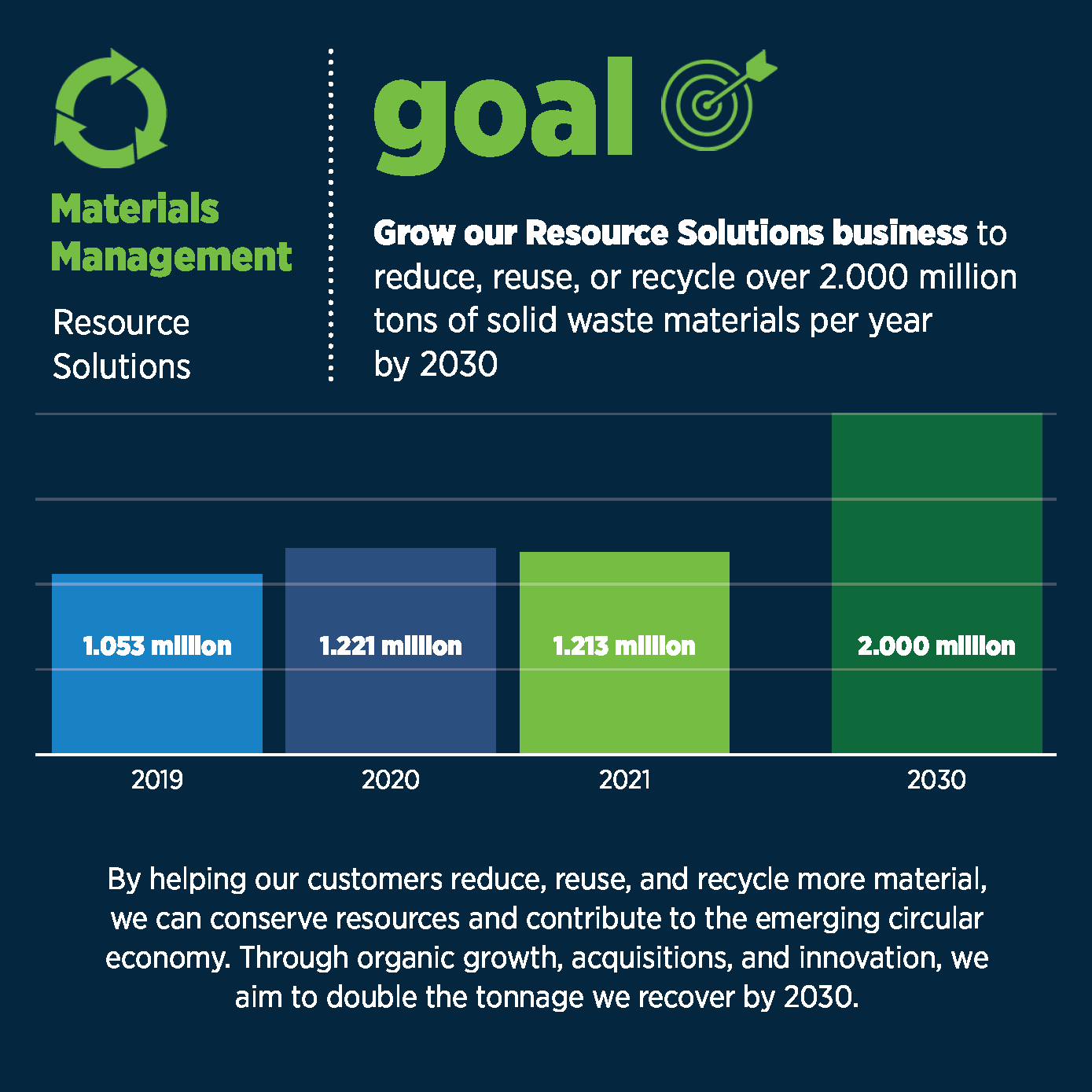
Our Resource Solutions team brings specialized knowledge, skills, and passion to help our customers achieve their waste and recycling goals. The group operates recycling facilities and organics facilities and works with customers to recover over a million tons from the disposal stream every year.
In 2021, we worked with our customers to capture 1.213 million tons of recyclables and organics from the disposal stream. This includes over 700,000 tons of household, commercial, and industrial recycling; nearly 400,000 tons of food waste, municipal biosolids, and other organics; and 100,000 tons of other recycling such as construction debris, mattresses, tires, and electronic waste. We leverage our robust, proprietary network of qualified vendor partners to redirect recyclable and hard to manage materials from disposal to higher and better uses.
For decades, Casella has provided comprehensive resource management services to customers with zero waste and sustainable materials management goals. Today, we are seeing an increase in demand for these services from both new and existing customers.
In some instances, our services extend directly into our customers’ facilities, where we provide on-site management of their byproducts. By integrating with our customers’ operations and strategically separating materials at the source, we are able to capture the most value from those materials and keep high quality materials cycling in the circular economy.
As we pursue our goal to recycle 2.000 million tons per year by 2030, we will focus not only on our facilities and operations, but also on innovation and alliances. We believe collaboration throughout material supply chains can support strong demand for recycled materials, minimize customer confusion over how to recycle, and drive producers to design materials with recycling in mind.
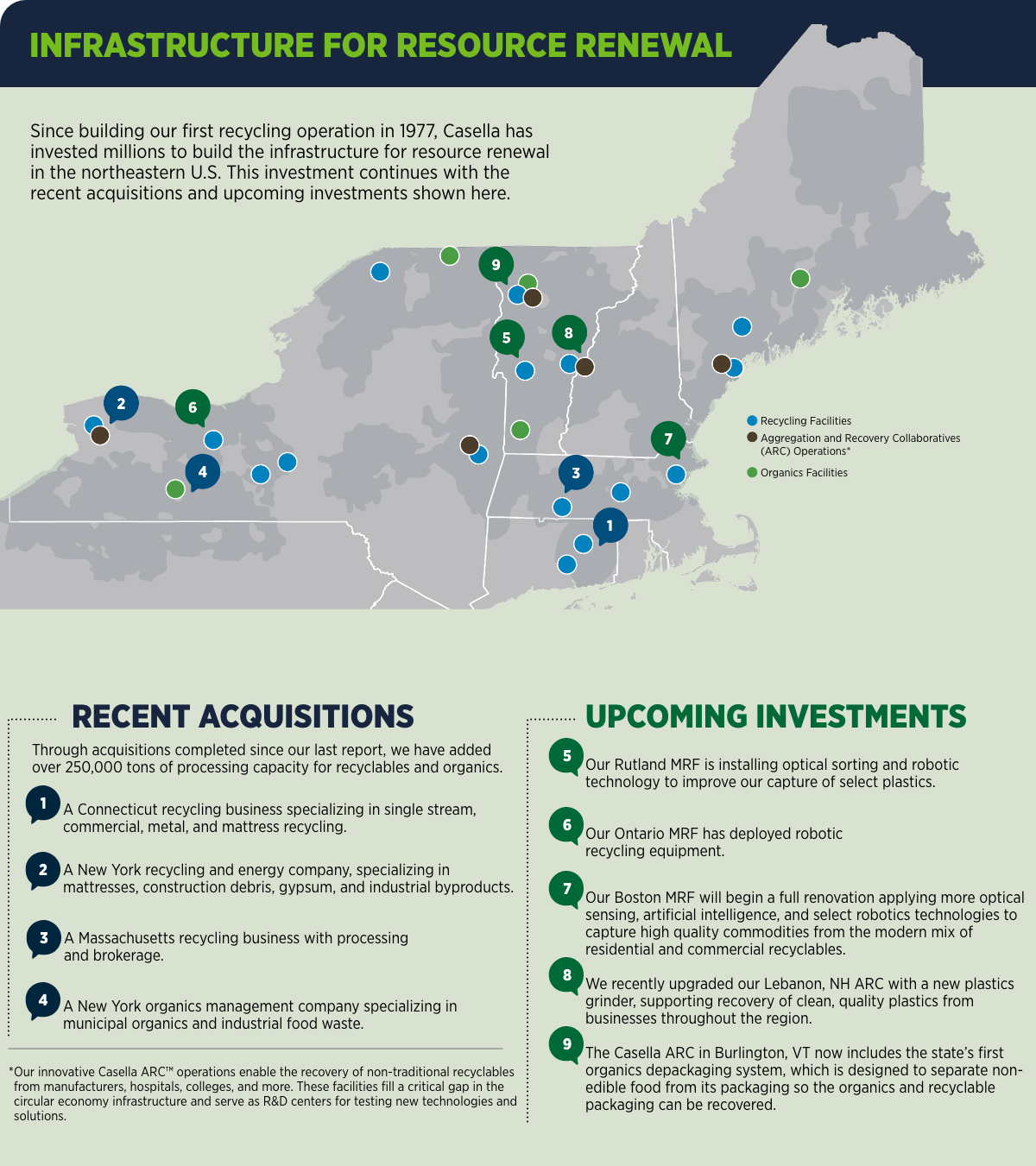
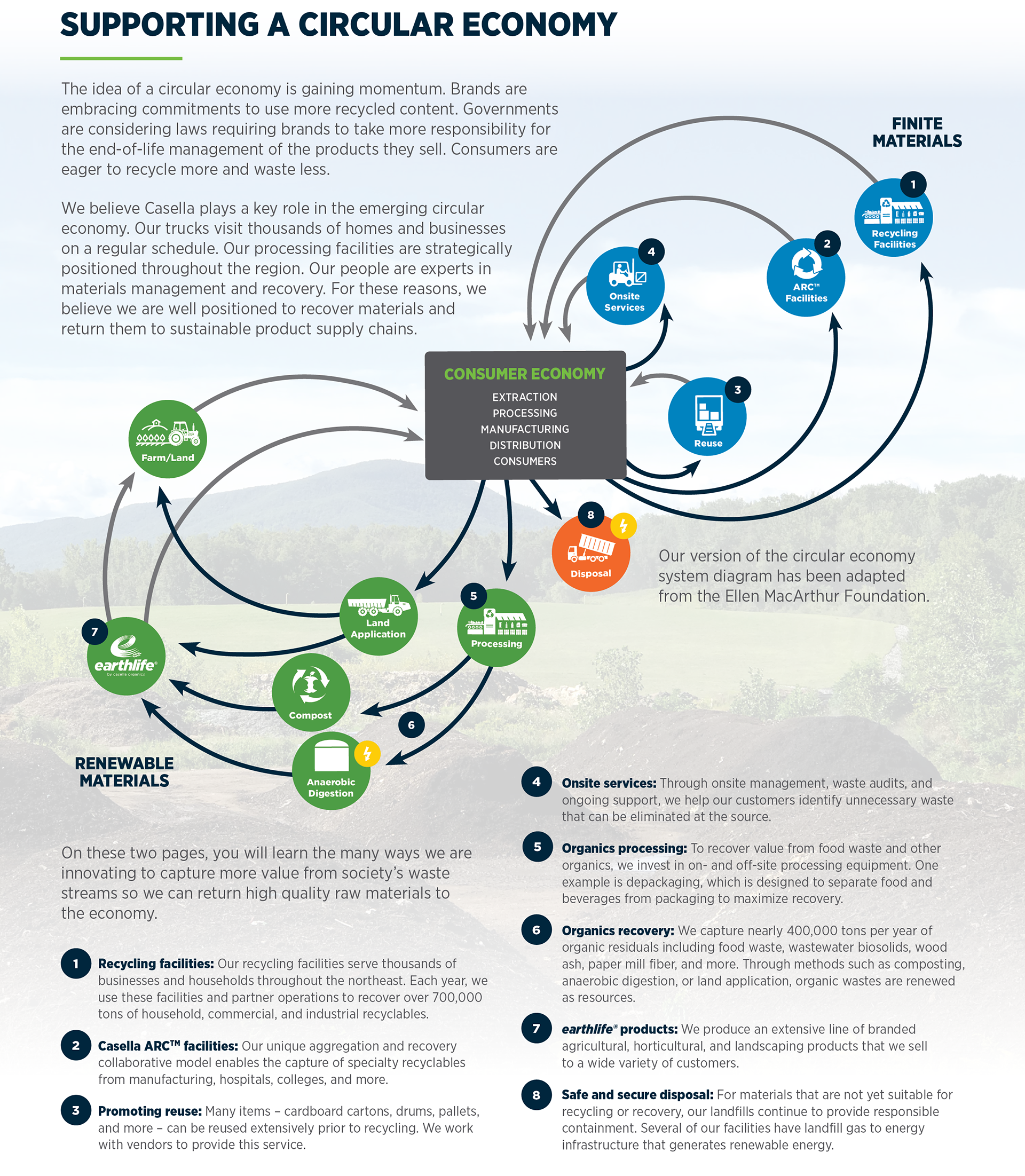
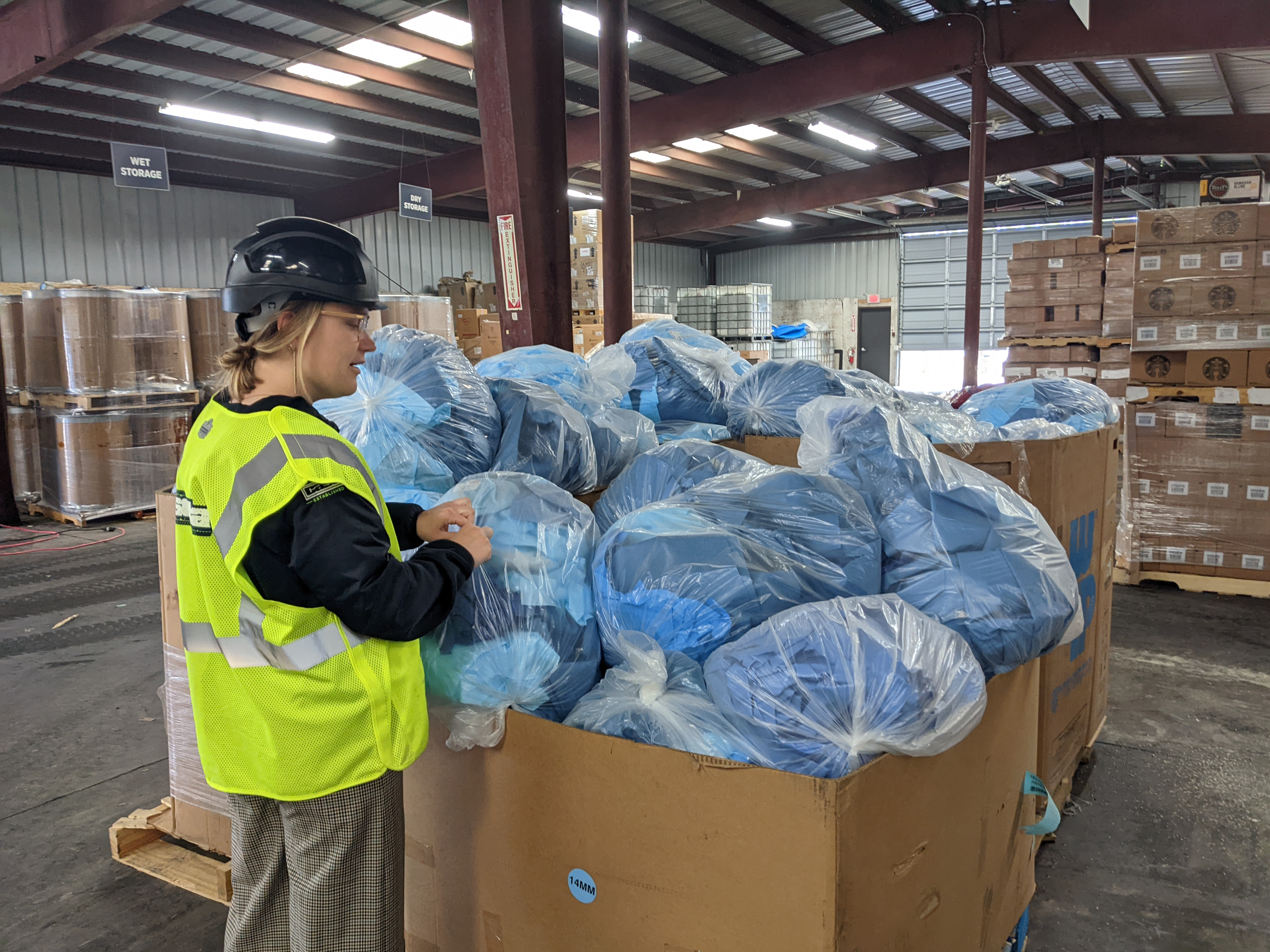
Circular economy pilots: We are helping customers design for recycling, recover sold products, and source recycled content into their inbound supply chains. With University of Vermont SI-MBA, we are developing a program to capture used medical devices from our hospital customers and return them to the supply chain of a medical device manufacturing customer, in a closed loop plastics solution.
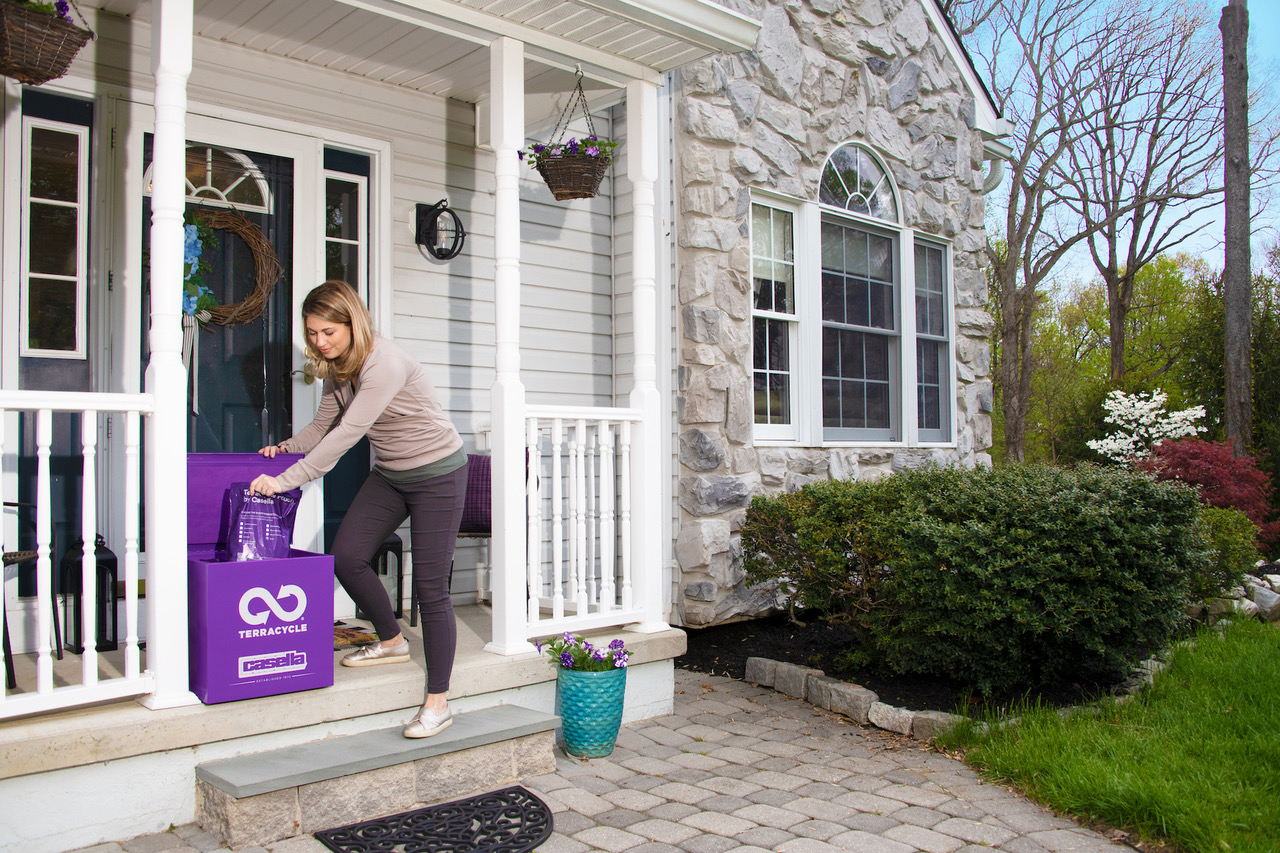
Capturing new materials: A key element of the circular economy will be the ability to recover a wide range of materials from consumers. In Burlington, VT we have recently launched a pilot program to help customers capture a longer list of household items for recycling, in collaboration with TerraCycle.
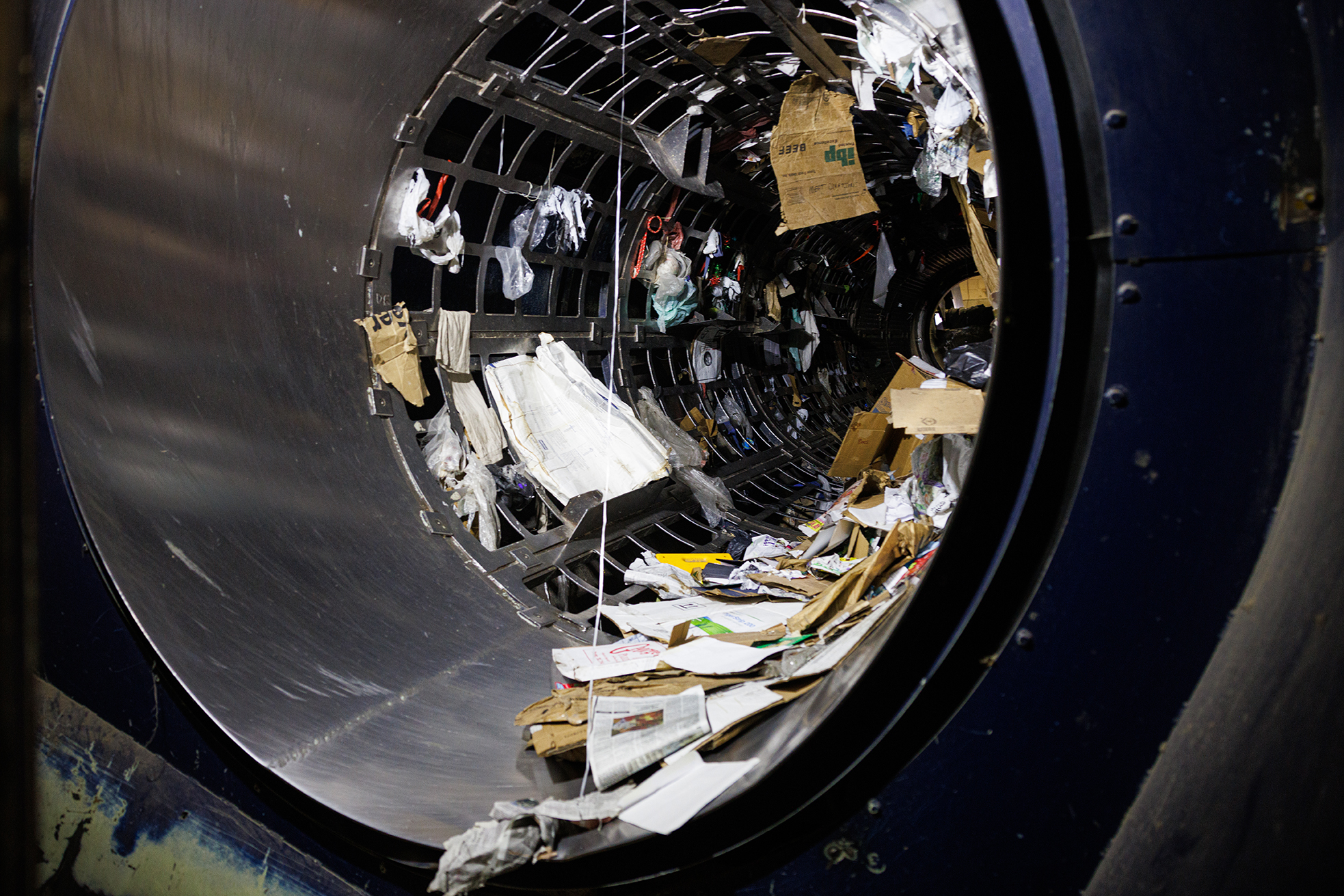
Commitment to quality: We have long been committed to capturing high quality commodities from the recycling stream. Our investments in optical and now robotic sorting technology help to ensure we can meet and exceed the quality specifications for recycled content supply chains.
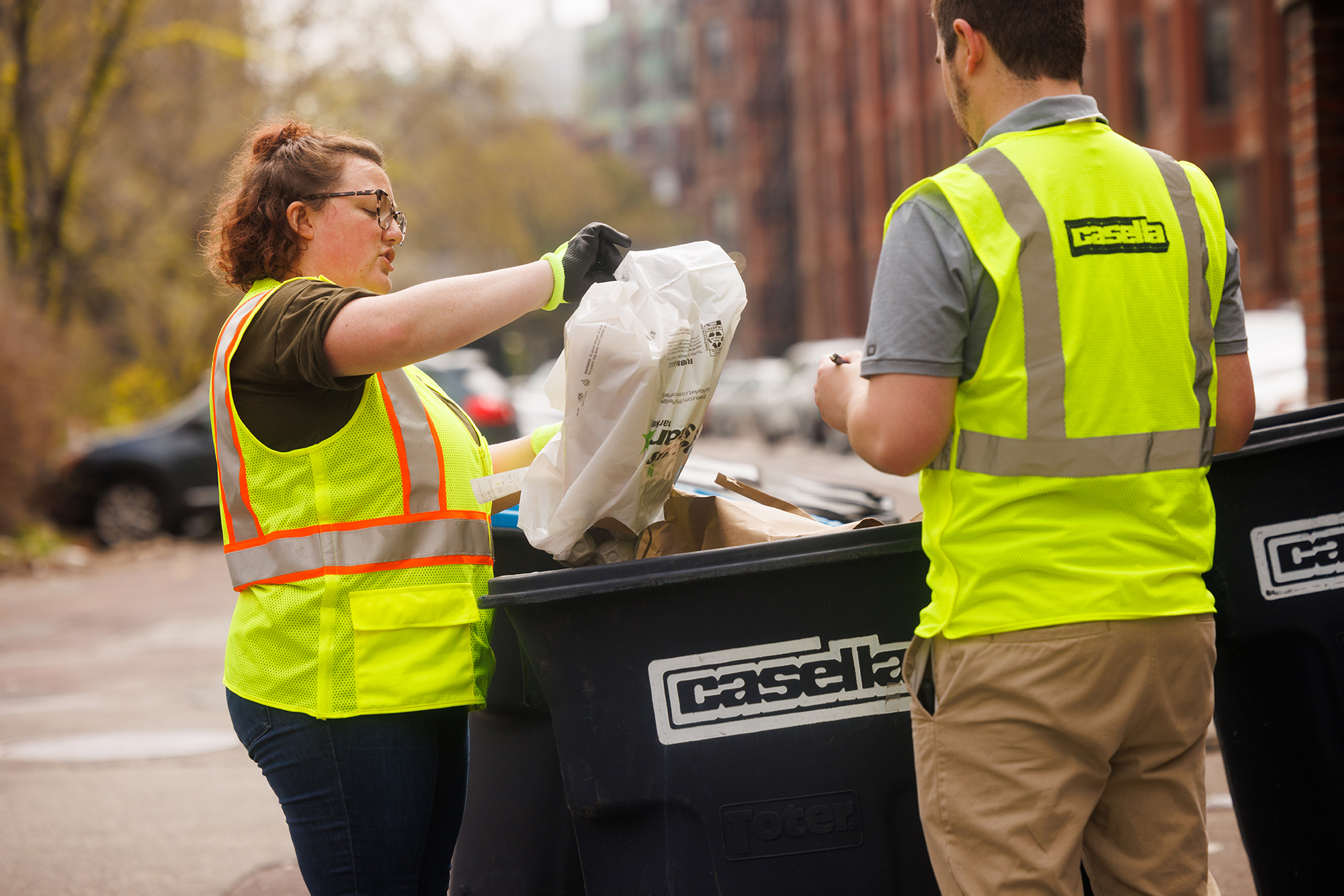
Customer engagement: An essential component of our role in the circular economy is our unique ability to engage with customers to help them deliver clean, quality recyclables to the curb. Through our Recycle Better™ campaigns, curbside tagging programs, and pilot mobile phone apps, we are deepening that engagement every day.
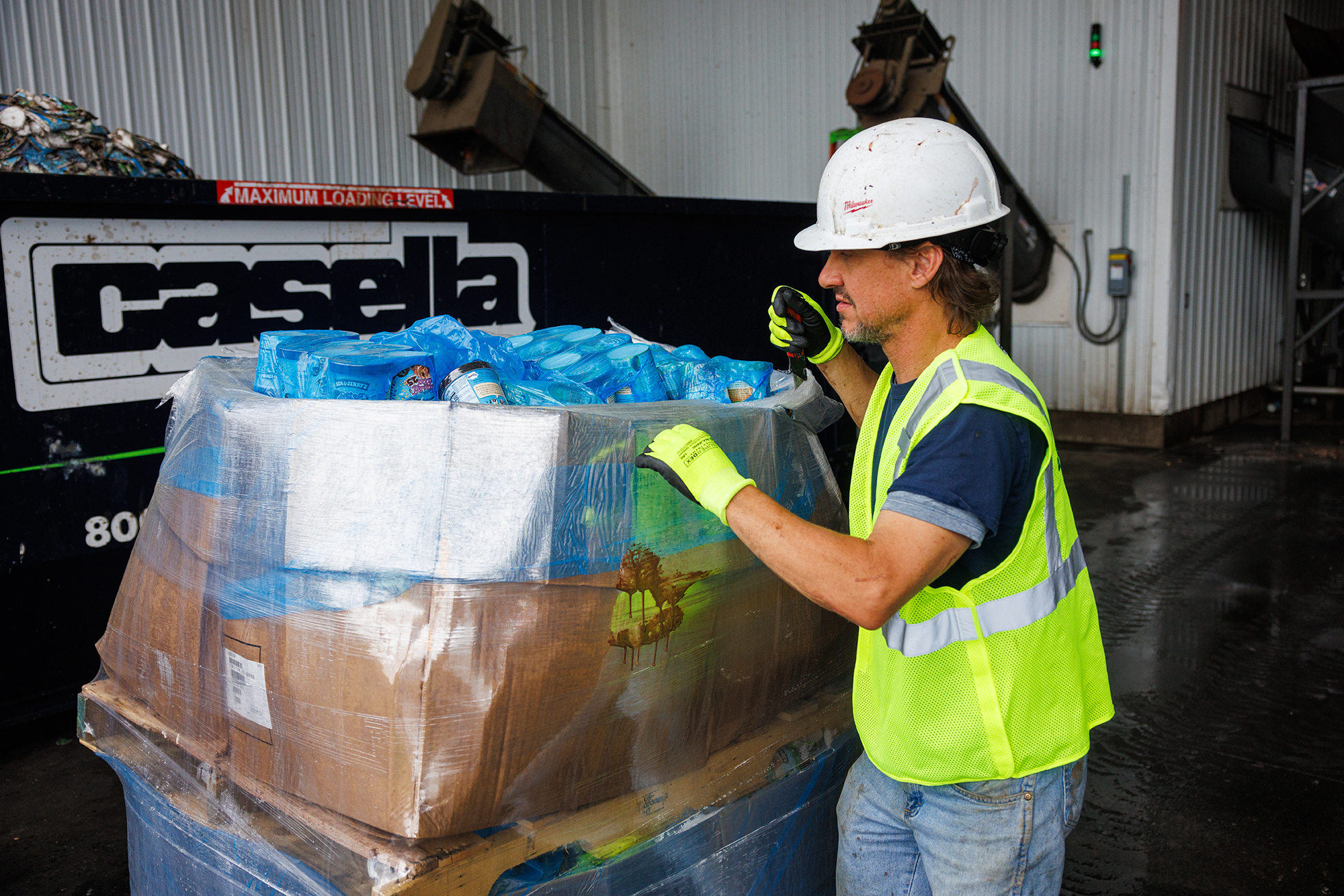
Organics processing: In 2021, we built Vermont’s first organics depackaging facility, providing essential infrastructure to recover packaged food and beverages from the disposal stream while helping Vermonters comply with the state’s food waste recovery mandate. We are working closely with researchers at the University of Vermont to continuously improve that operation.
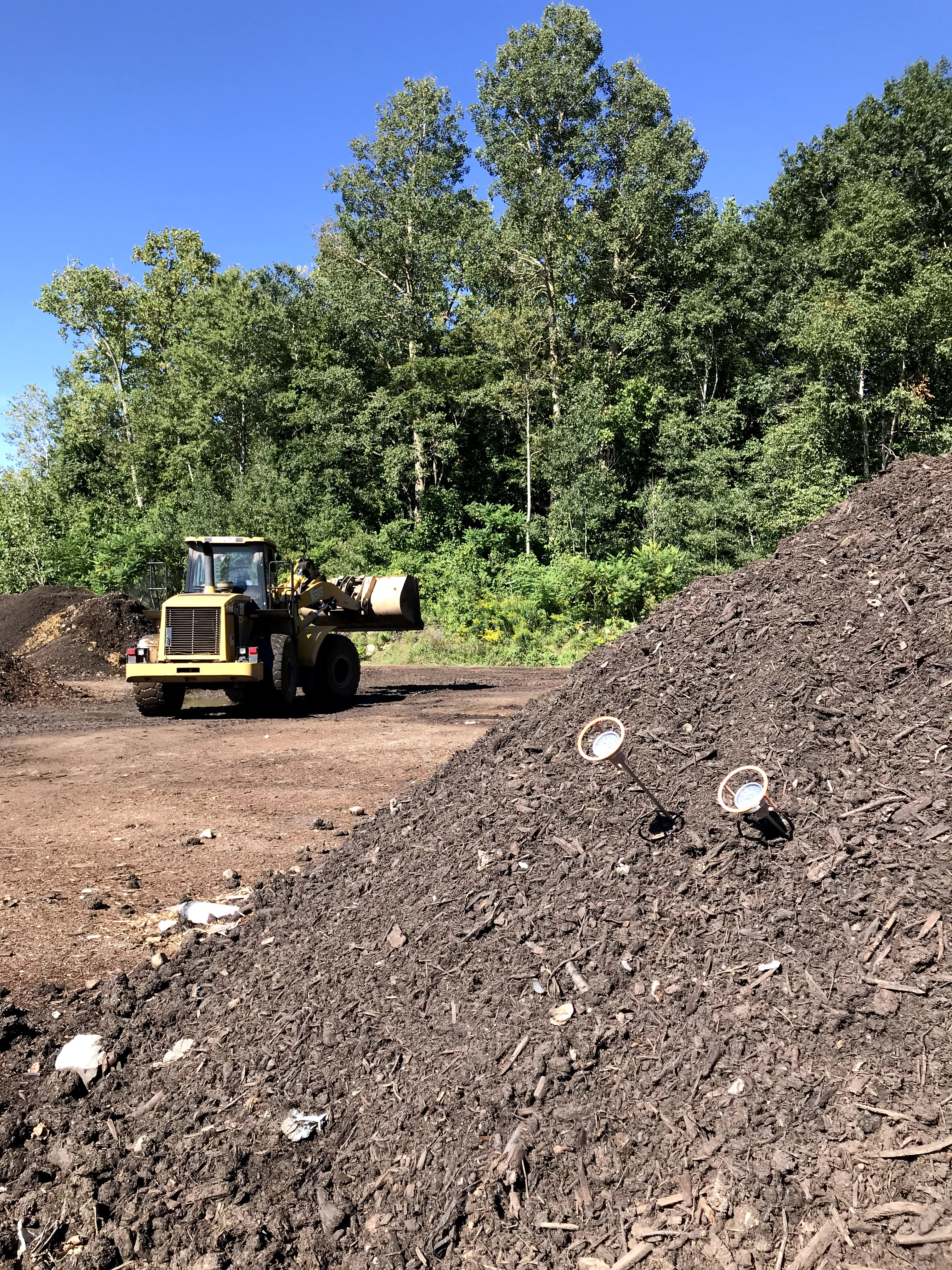
earthlife® products: Under our earthlife brand, we have developed an extensive line of agricultural, horticultural, and landscaping products that our customers trust and value. At our Long Trail Compost facility in Bennington, VT we are applying our knowledge to produce some of the best custom compost, ornamental mulch, and soils available.
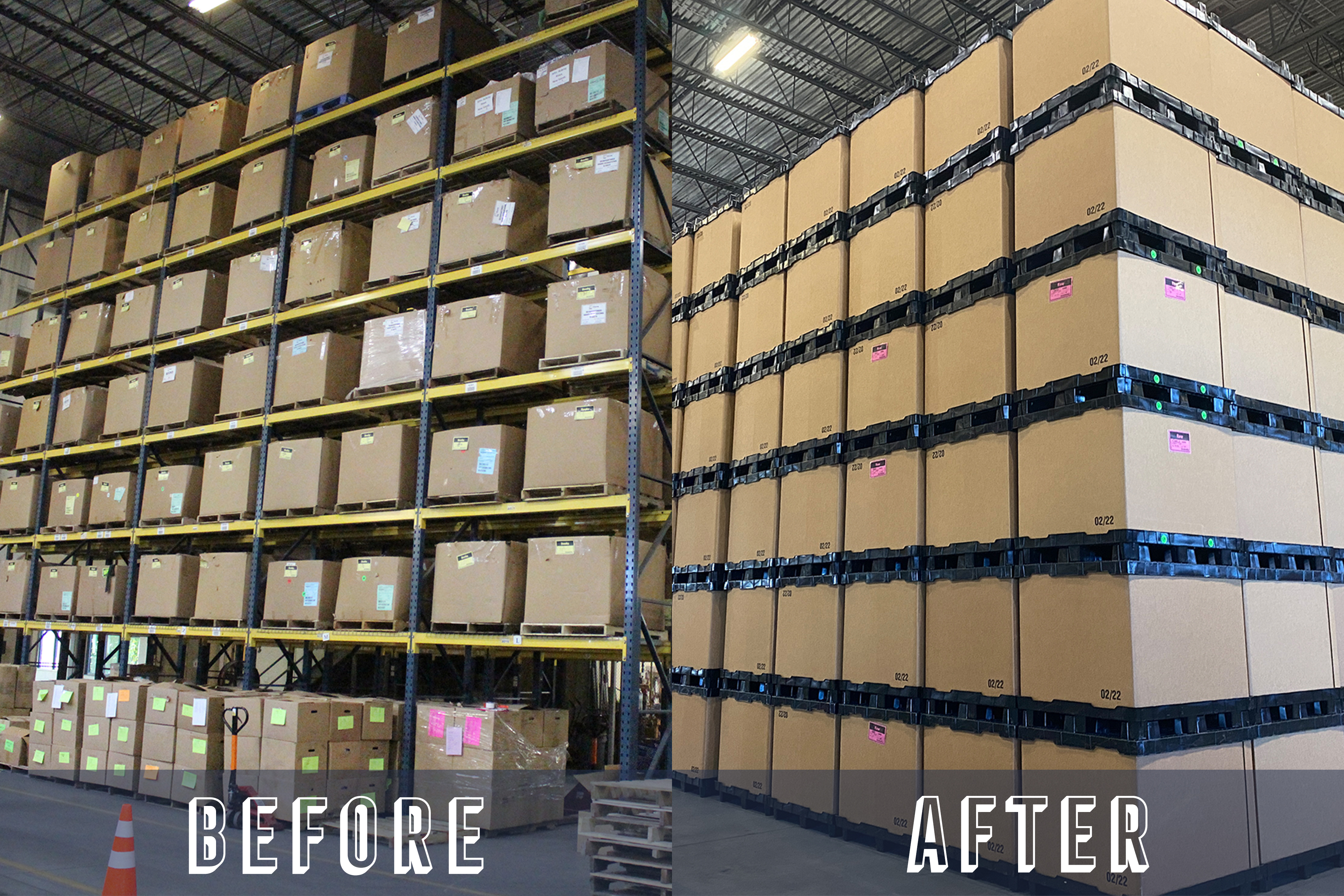
Reusable materials: Casella and Goodwill Northern New England have a longstanding collaboration in support of sustainability in our region. In alignment with a broader resource management strategy prepared by Casella, Goodwill recently announced that the organization will shift to reusable containers for storing and transporting donated materials. The new system is expected to be safer, waste less, and pay for itself under three years.
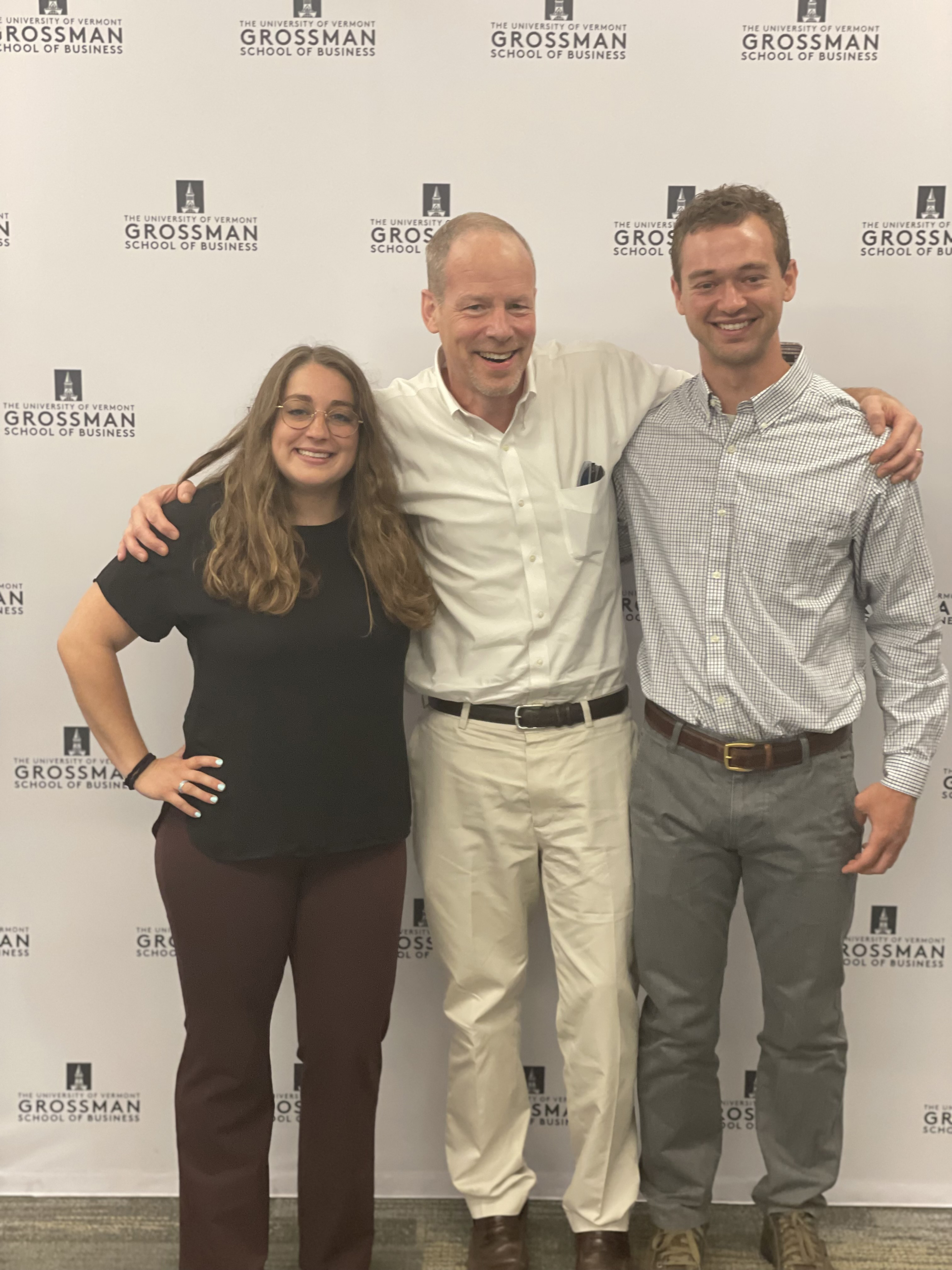
Academic Collaborations: University researchers across the country are refining and advancing important elements of the circular economy. We are proud to support this important work through fellowships, internships, and other academic engagement. Recent projects have explored textile recovery at UMass Lowell, food waste and microplastics at the University of Vermont, and advanced plastics recycling and robotics research across several campuses.
WHAT IS THE CIRCULAR ECONOMY?
The conceptual circular economy is specifically designed to prevent waste, keep materials in use, and regenerate natural systems. Models often distinguish between finite materials (such as plastics and metals which are extracted from the earth) and renewable materials (such as food waste and other organics which can be returned to nature), with separate loops for each.
Renewable Energy

Solid waste that has not been recycled can become a source of renewable energy through landfill gas to energy technology. Casella began investing in landfill gas to energy infrastructure in 2008. Today the gas from five of the Company’s landfill operations is conveyed to on- or off-site turbines that produce over 225,000 megawatt-hours (MWh) of electricity. That is enough electricity for over 30,000 northeastern homes. It is 9 times the amount of electricity consumed by all of our facilities combined.
In 2021, we initiated a new wave of renewable energy investments when we broke ground on our renewable natural gas (RNG) facility at the North Country Landfill in Bethlehem, NH. Rather than producing electricity, this facility will refine and compress landfill gas to produce RNG, which can be flexibly used for a variety of off-site uses, including home heating or vehicle fueling. We expect to bring additional RNG facilities online in the coming years.
On a much smaller scale, we have other means of producing renewable energy at our facilities. A 12-acre solar farm, owned by Borrego Solar, is situated at our landfill in Coventry, VT and an 800-kW solar array recently came online at our Springfield, MA recycling facility. Two 120-foot wind turbines tower above our recycling facility in Tonawanda, NY. An innovative landfill heat recovery system warms our maintenance shop in Bethlehem, NH.
In the coming years, through direct investments and thirdparty collaborations, we intend to capture more energy from society’s waste.
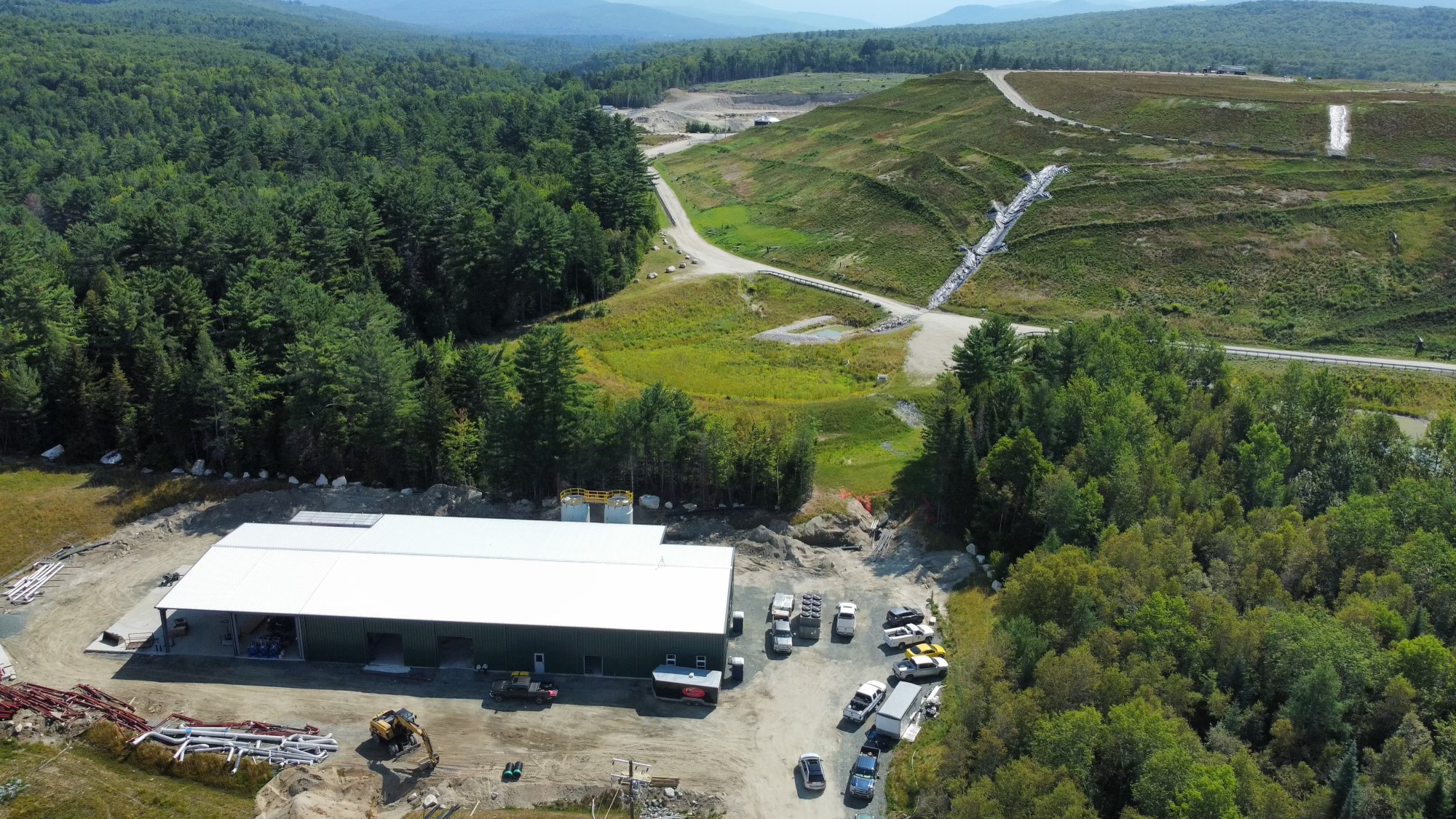
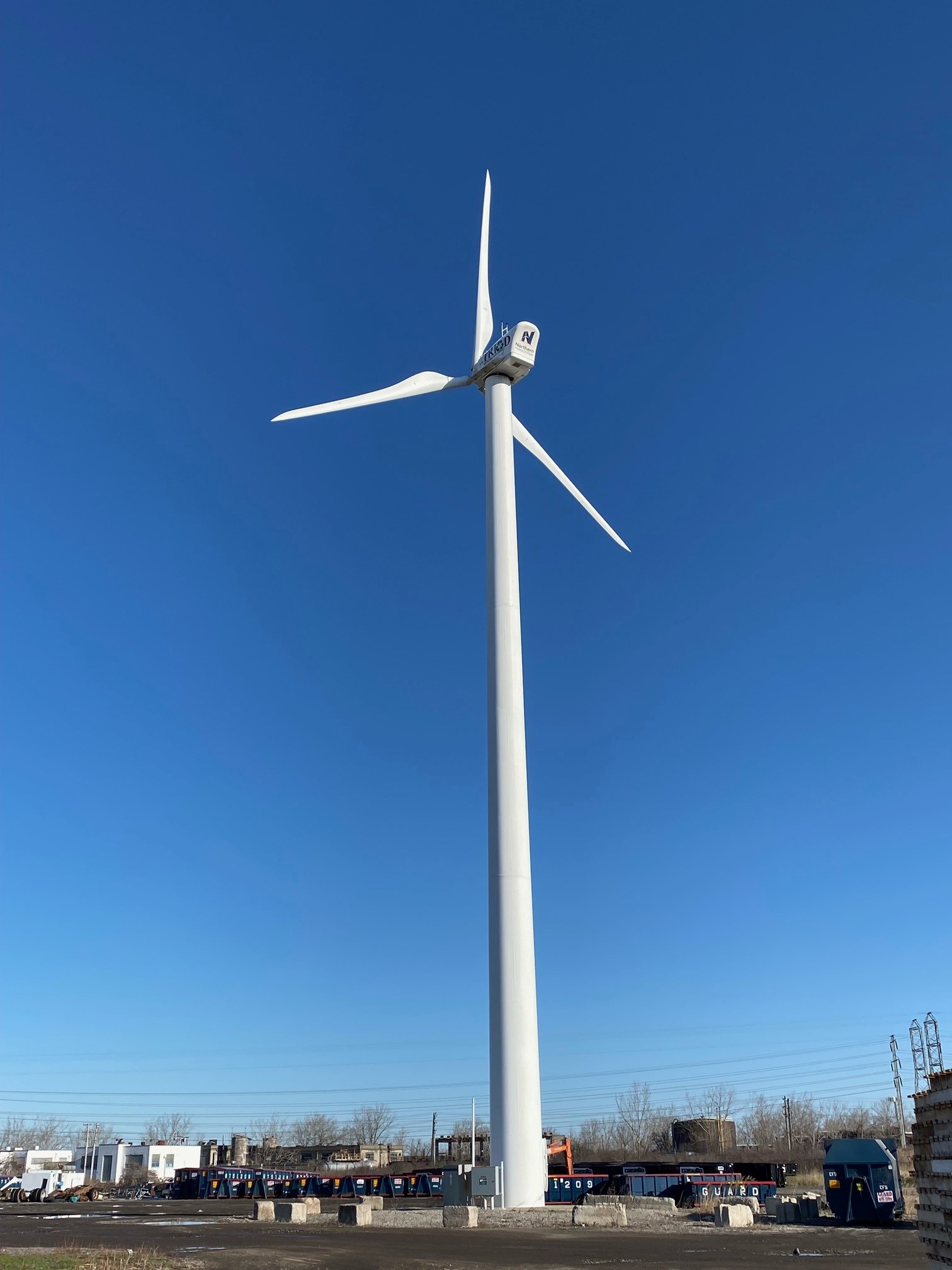
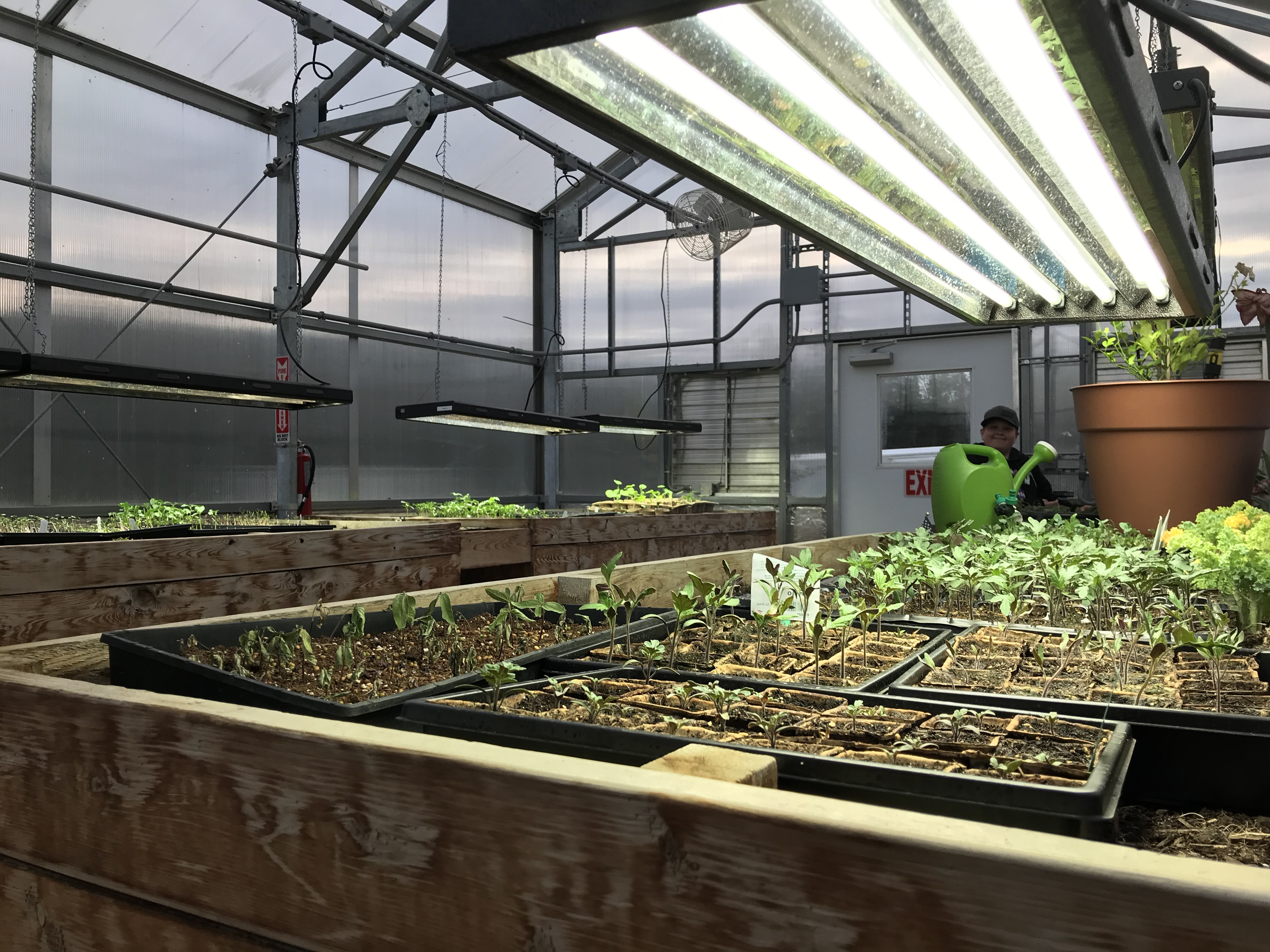
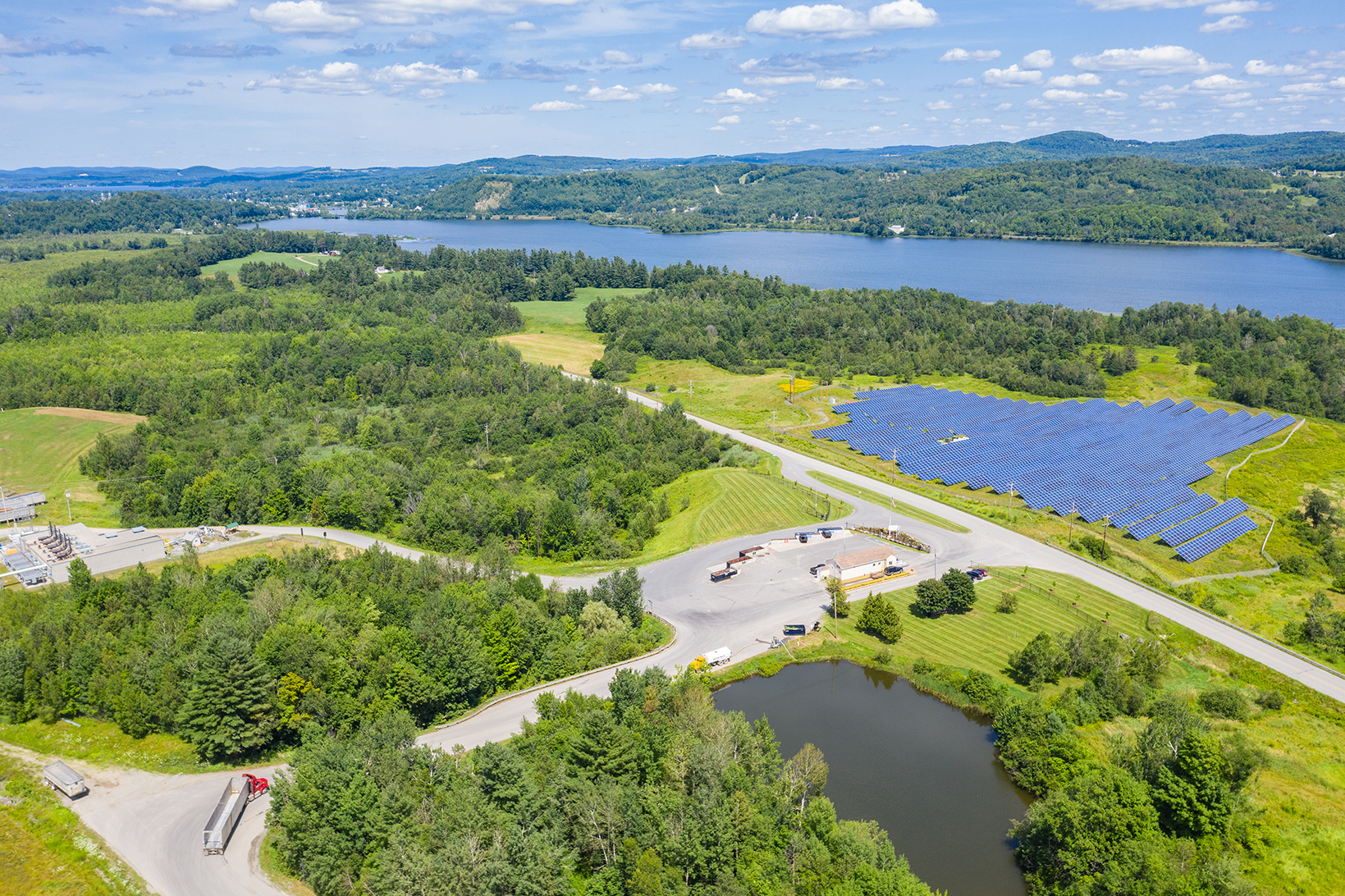
Casella Sustainability Leadership Awards
It gives us a sense of great pride to honor our customers for their leadership and outstanding work in advancing sustainability. Each year, we hope that by bringing attention to their efforts, others will be inspired by their passion, commitment, and success.
- John W. Casella
Celebrating Customers for Their Leadership in Materials Management and Sustainability
Every year Casella recognizes a group of its customers for their leadership in sustainability. These customers are honored for their excellence in areas such as innovation, recycling, education, closed-loop economy, and others.
The 2022 recipients of the Casella Sustainability Leadership Awards include:
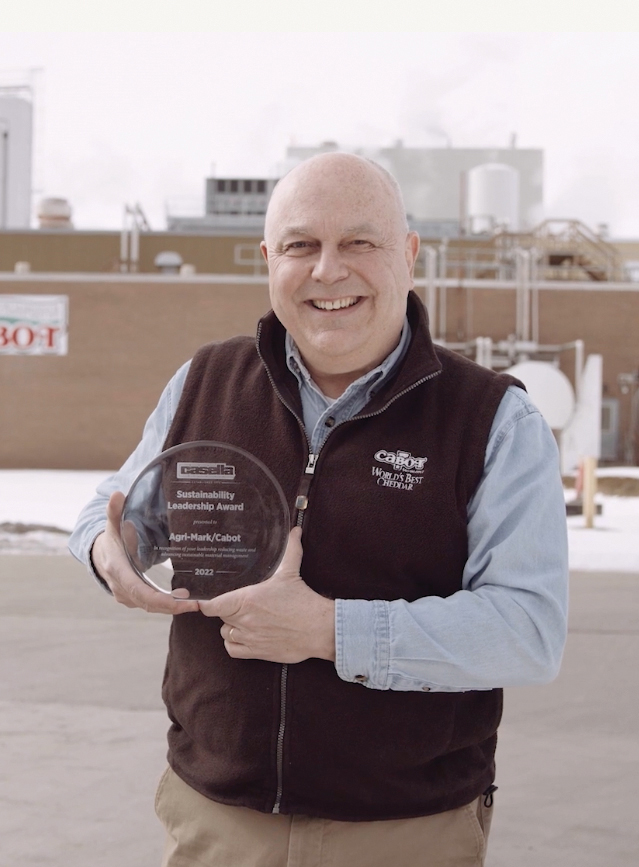
AGRI-MARK/CABOT
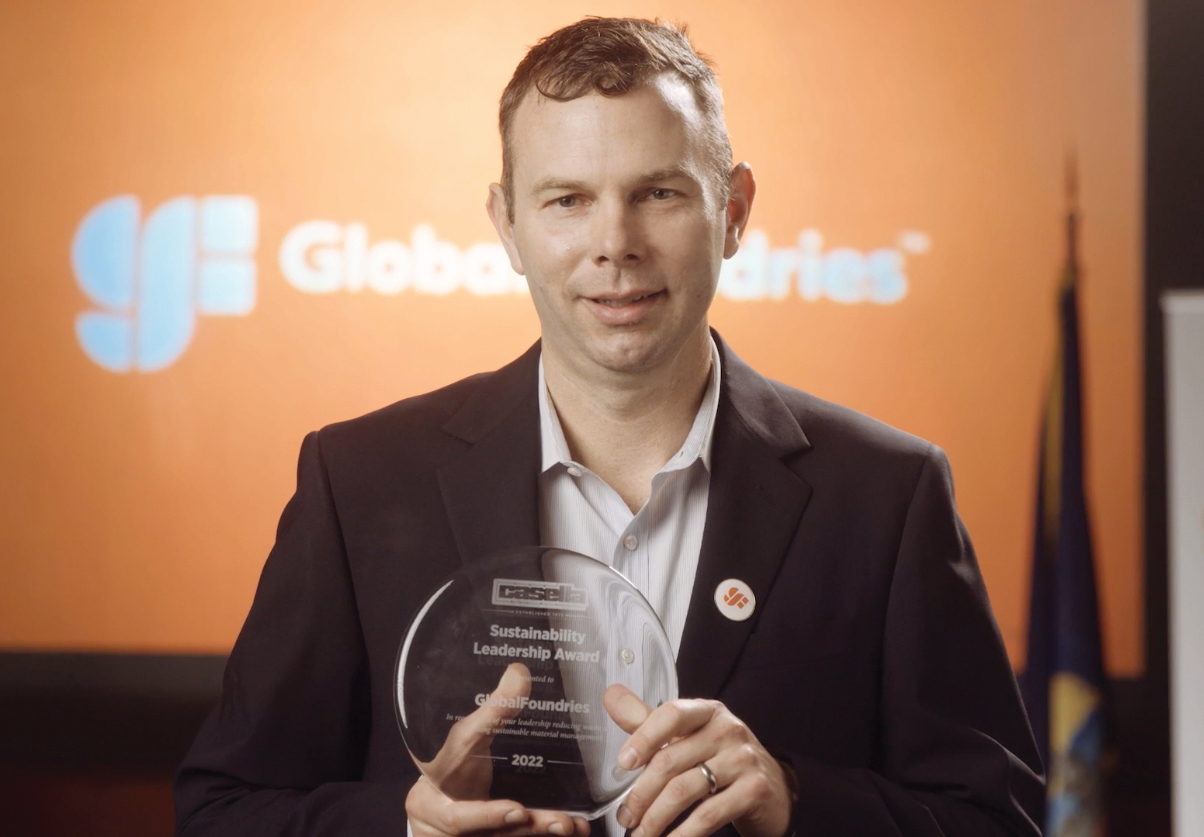
GLOBALFOUNDRIES
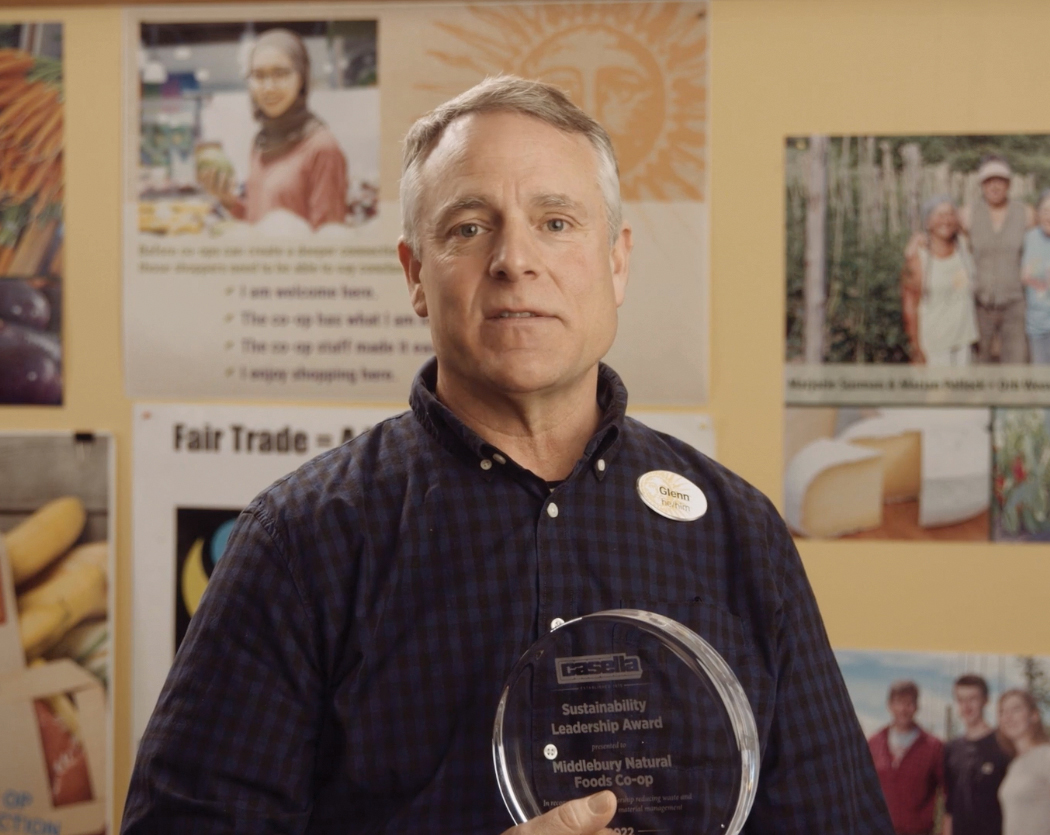
MIDDLEBURY NATURAL FOODS CO-OP
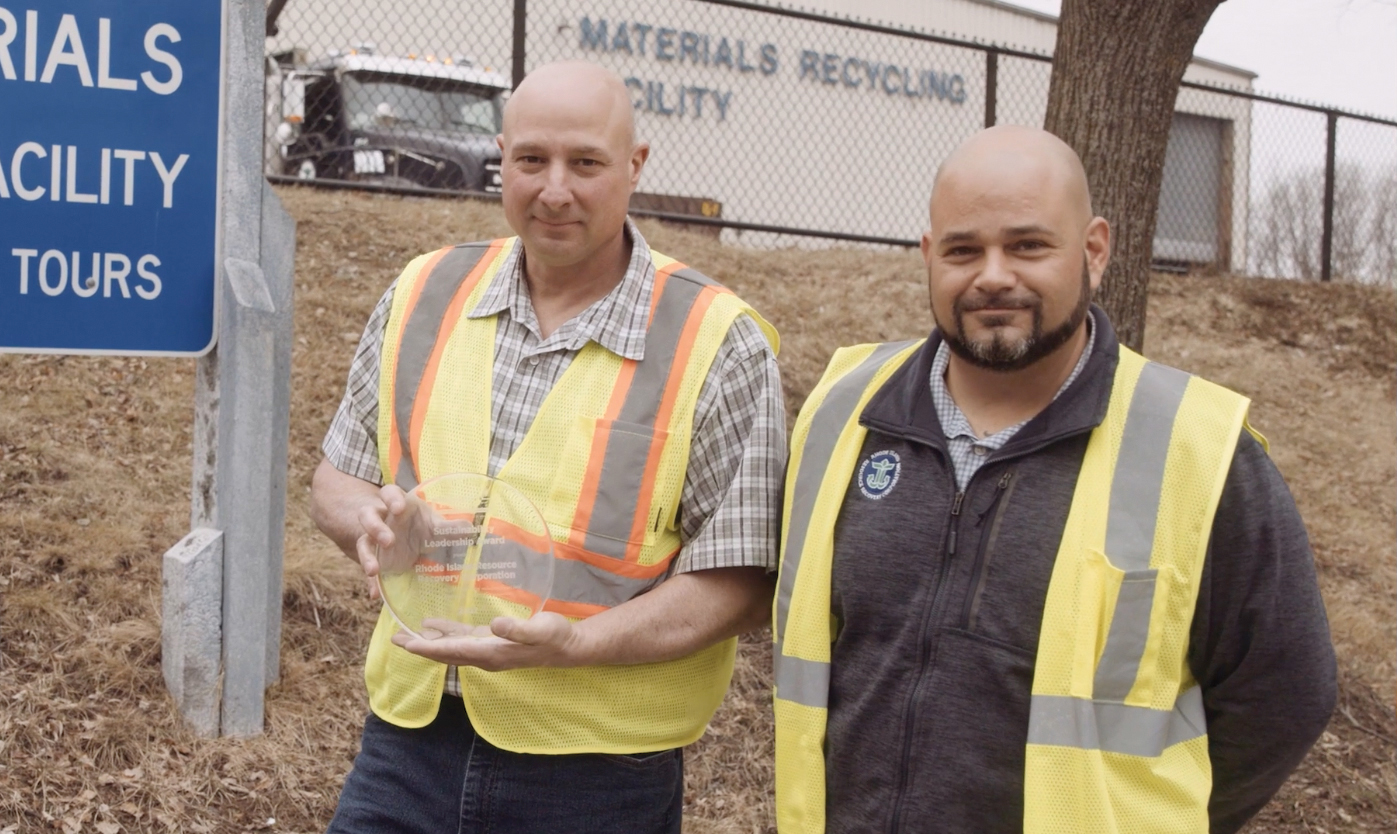
RHODE ISLAND RESOURCE RECOVERY CORPORATION
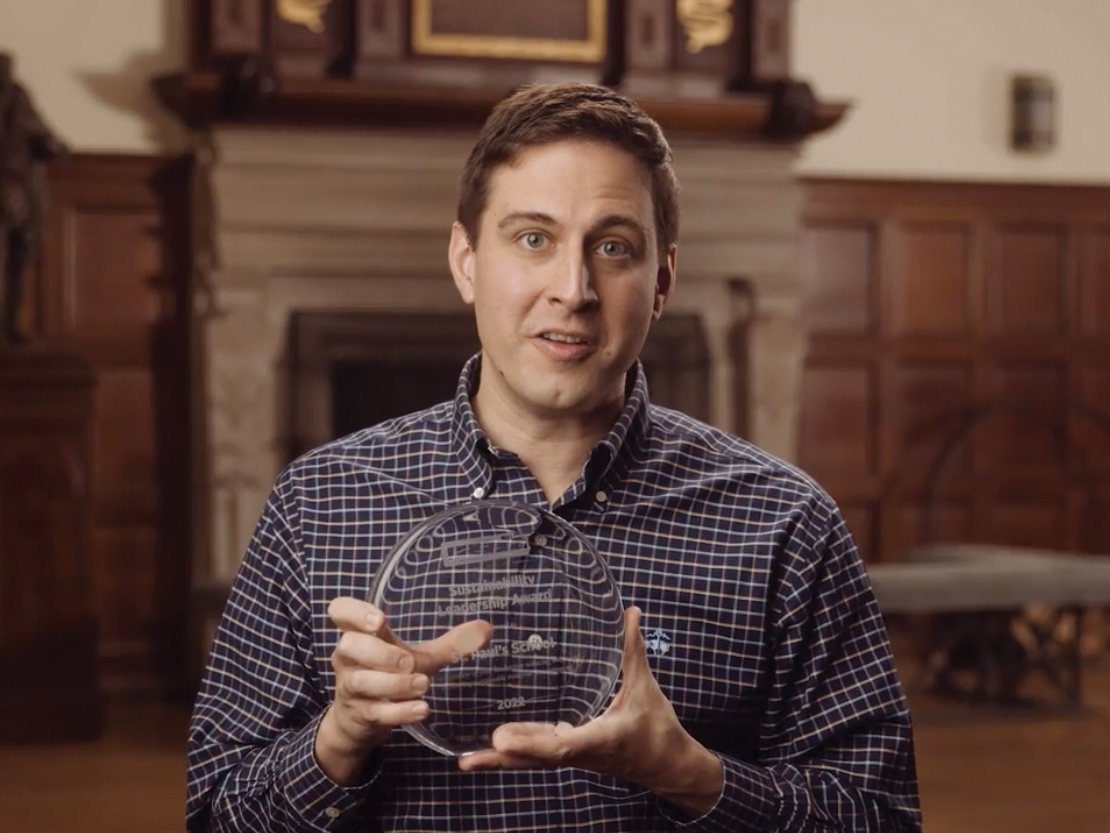
ST. PAUL’S SCHOOL
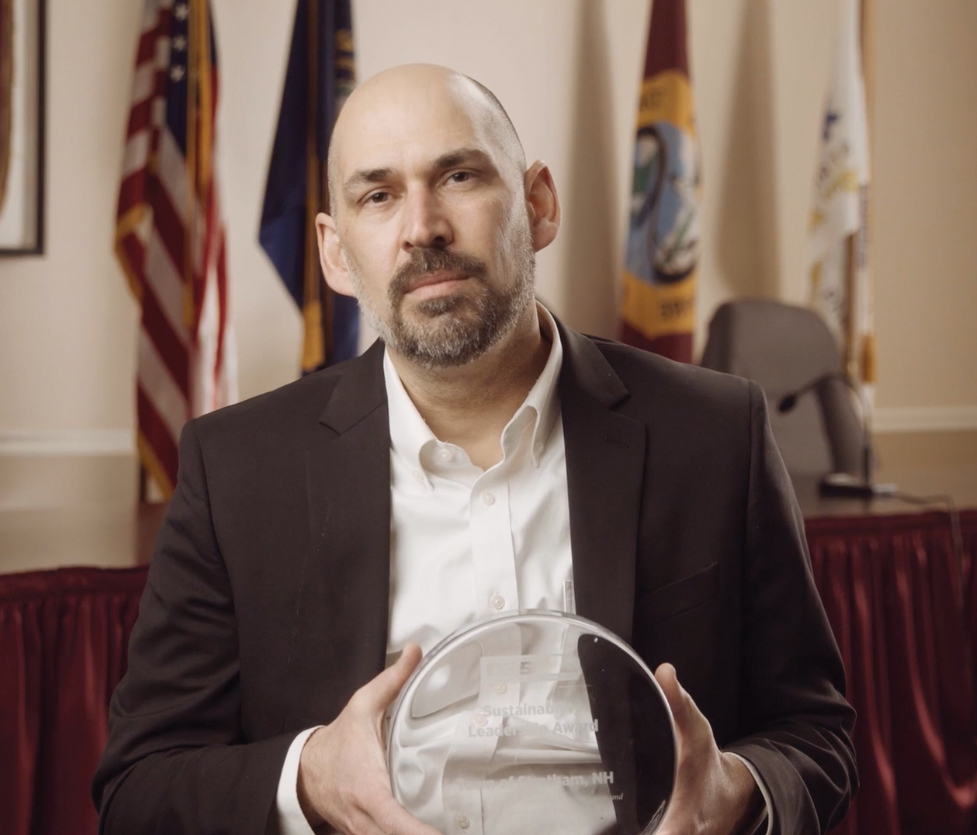
THE TOWN OF STRATHAM, N.H.
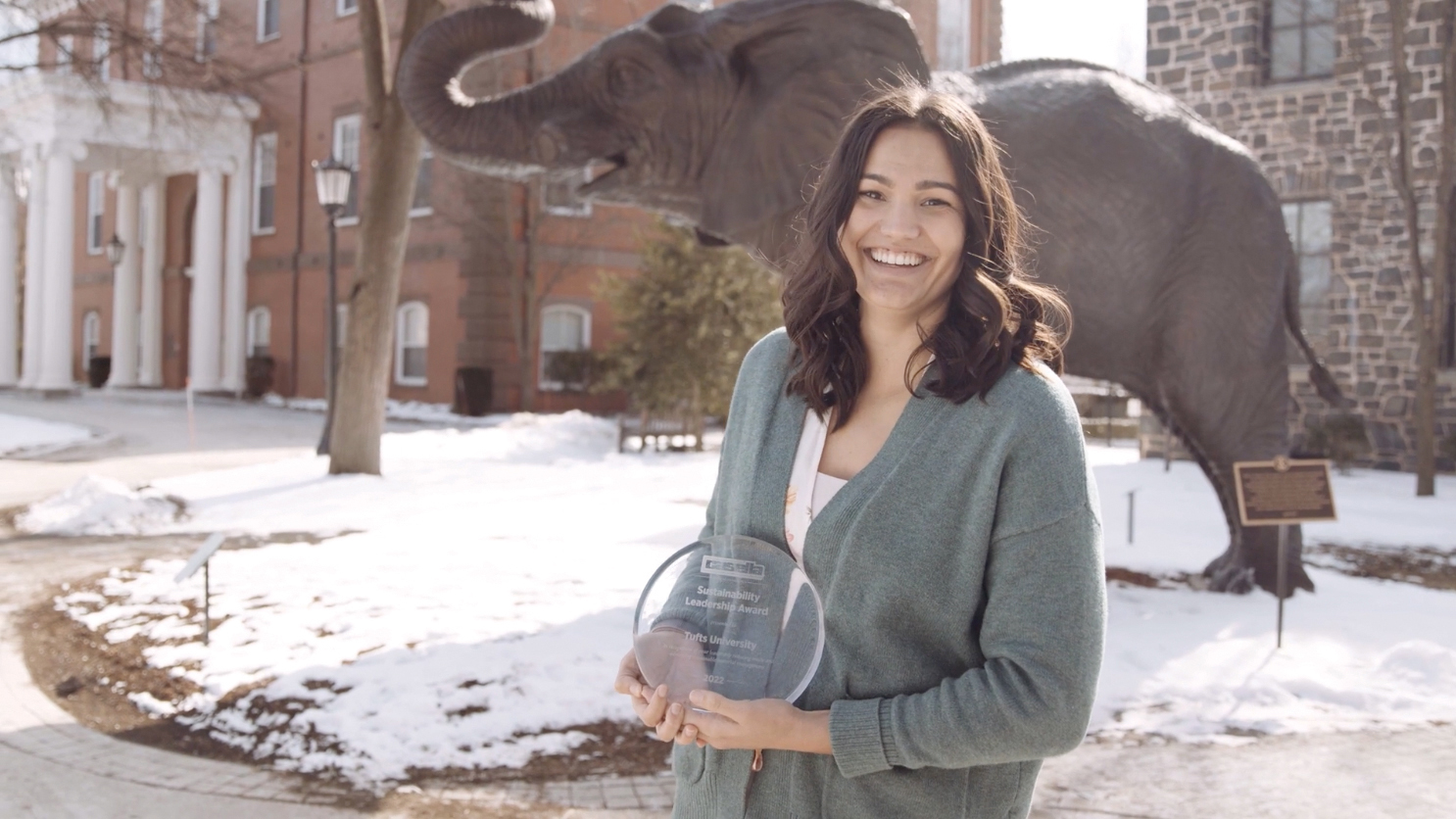
TUFTS UNIVERSITY
Vist casella.com/SLA to learn more about the winners